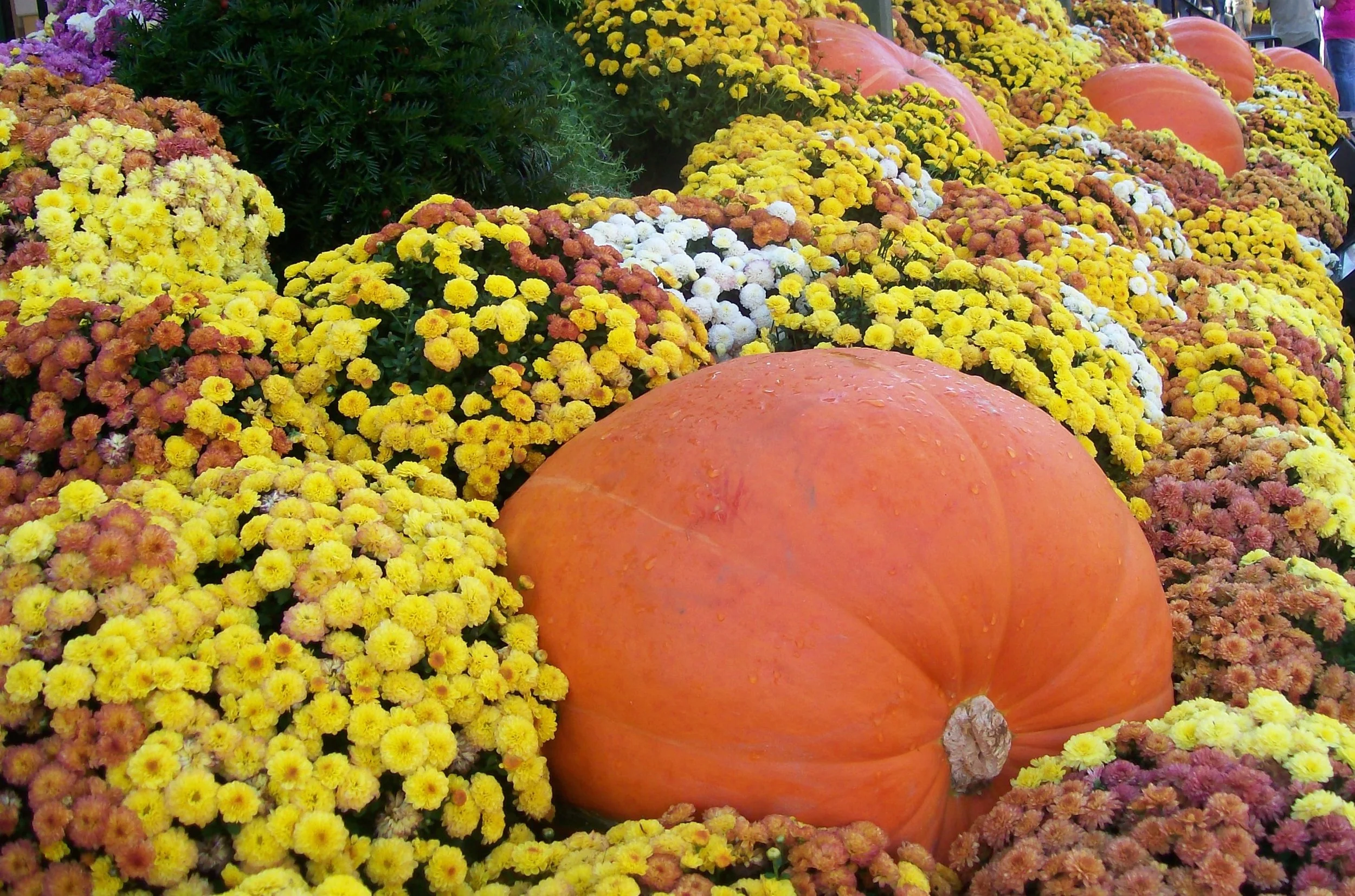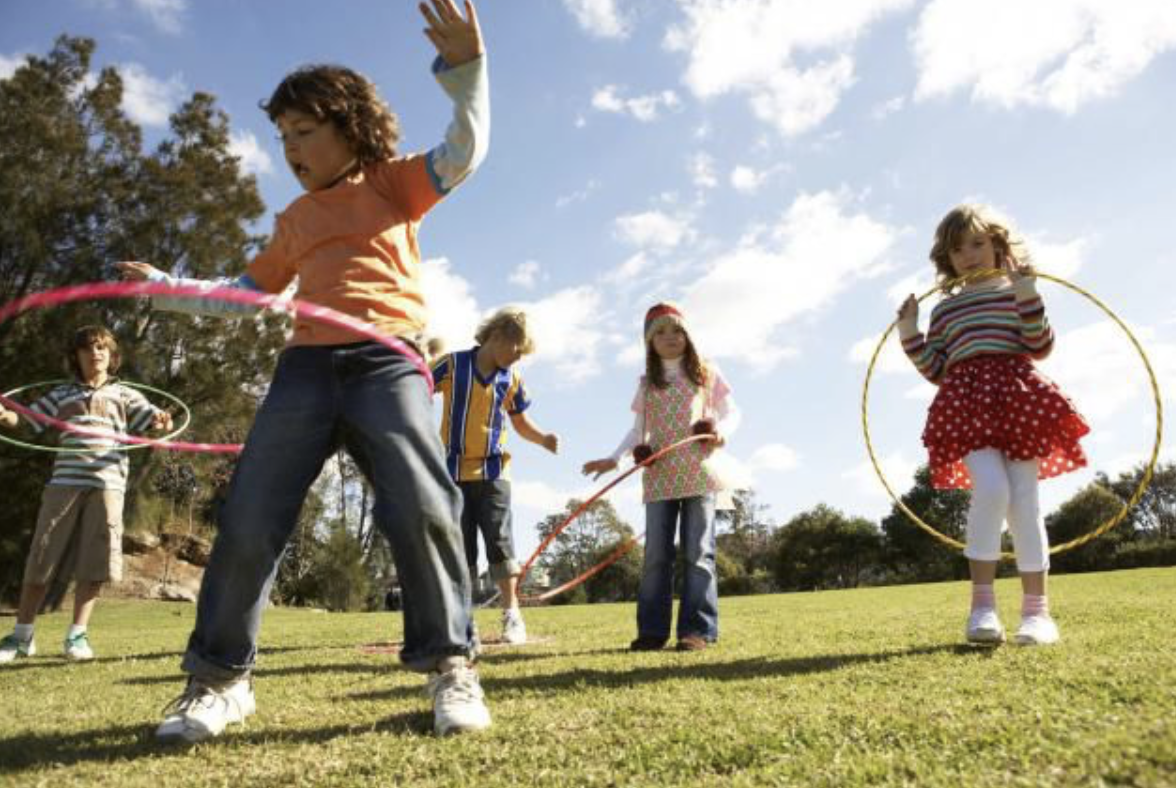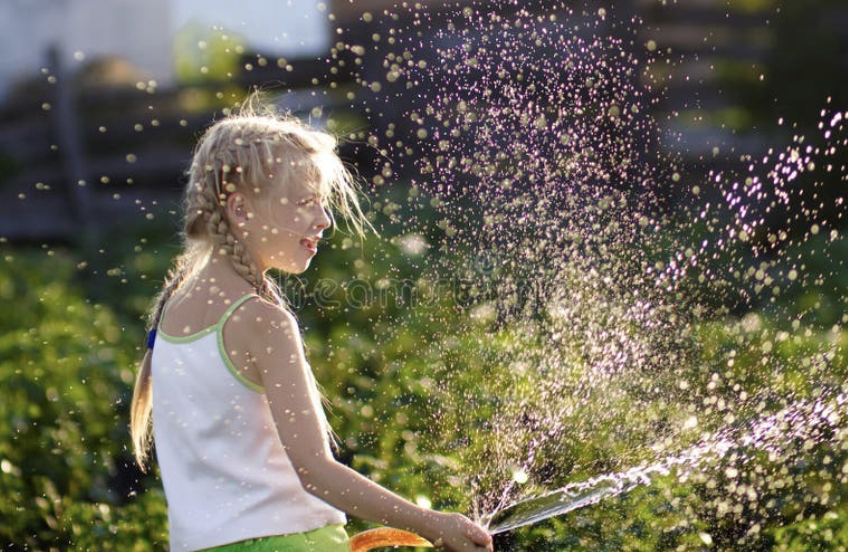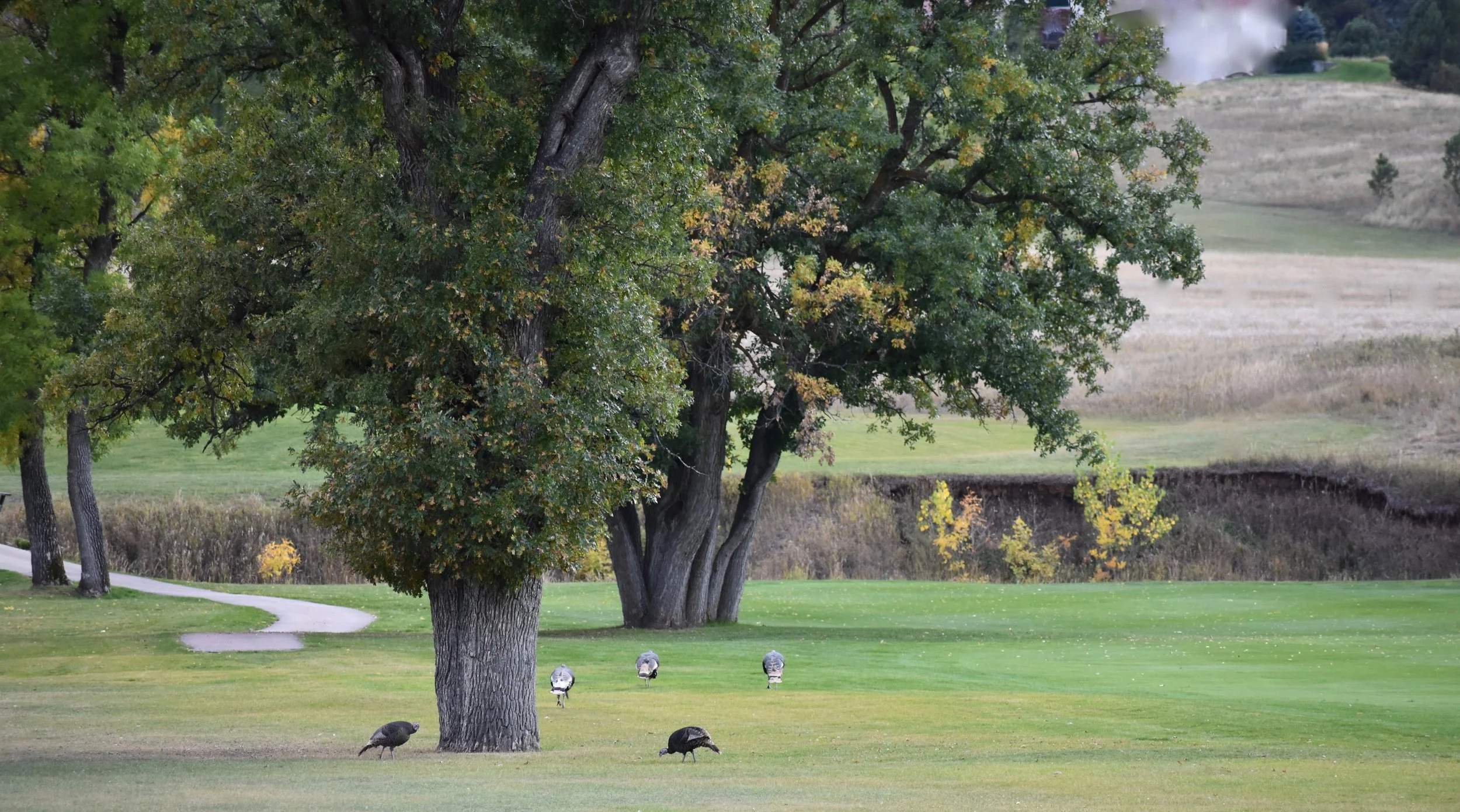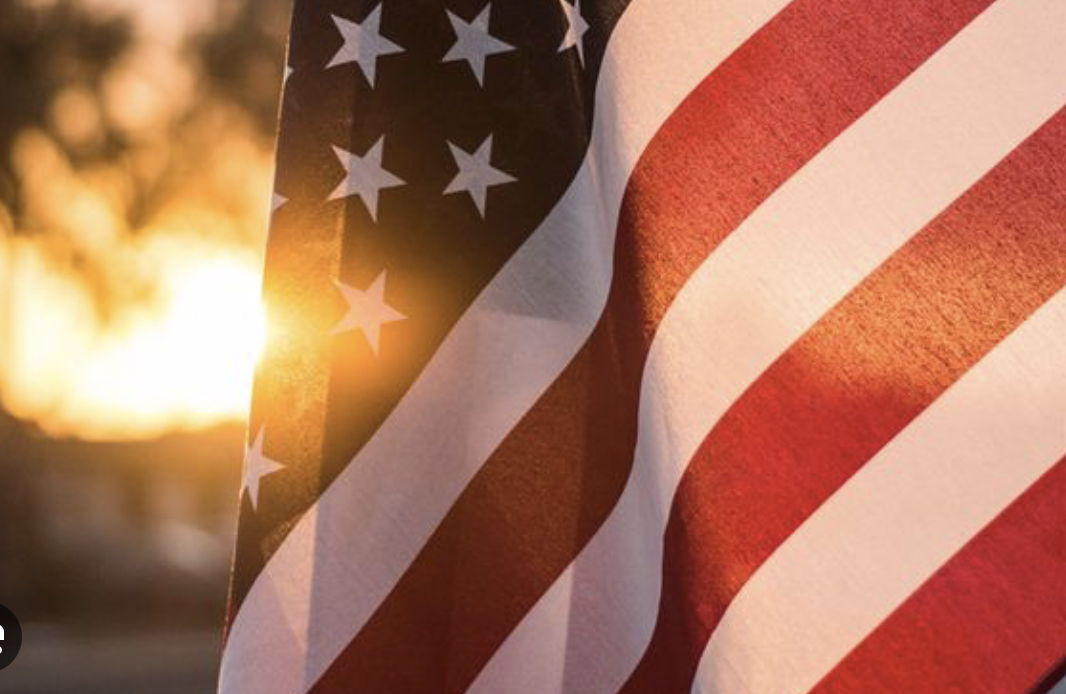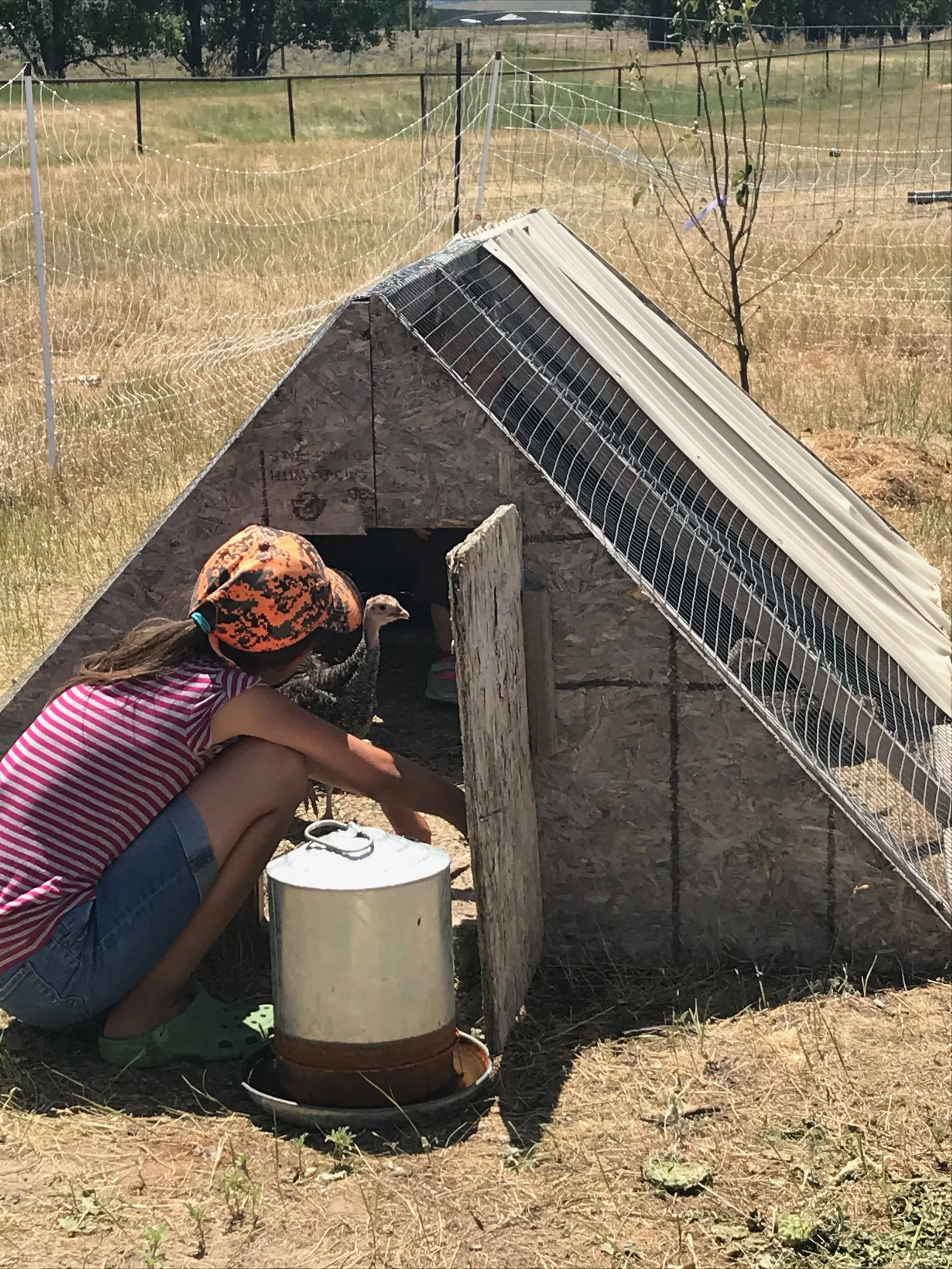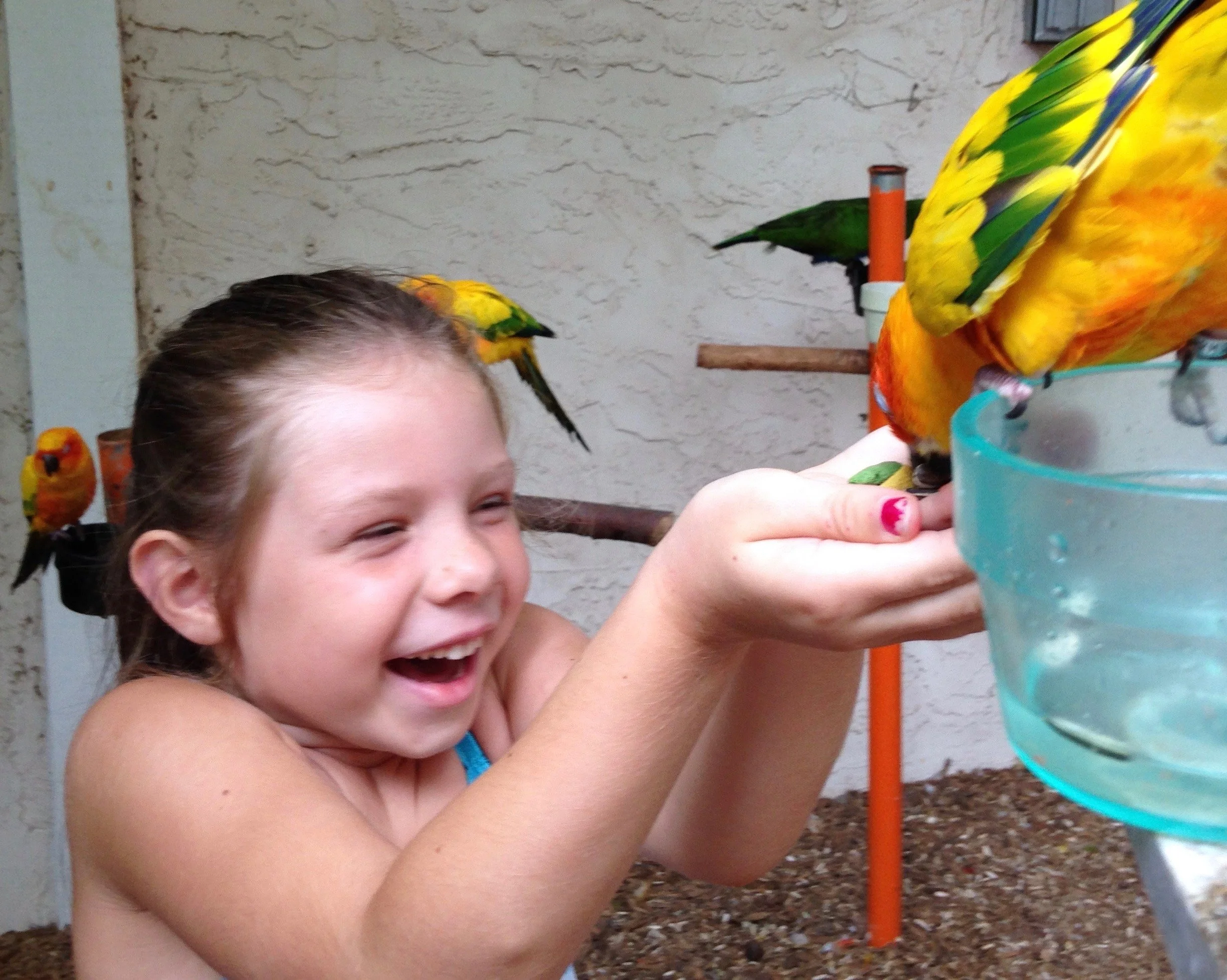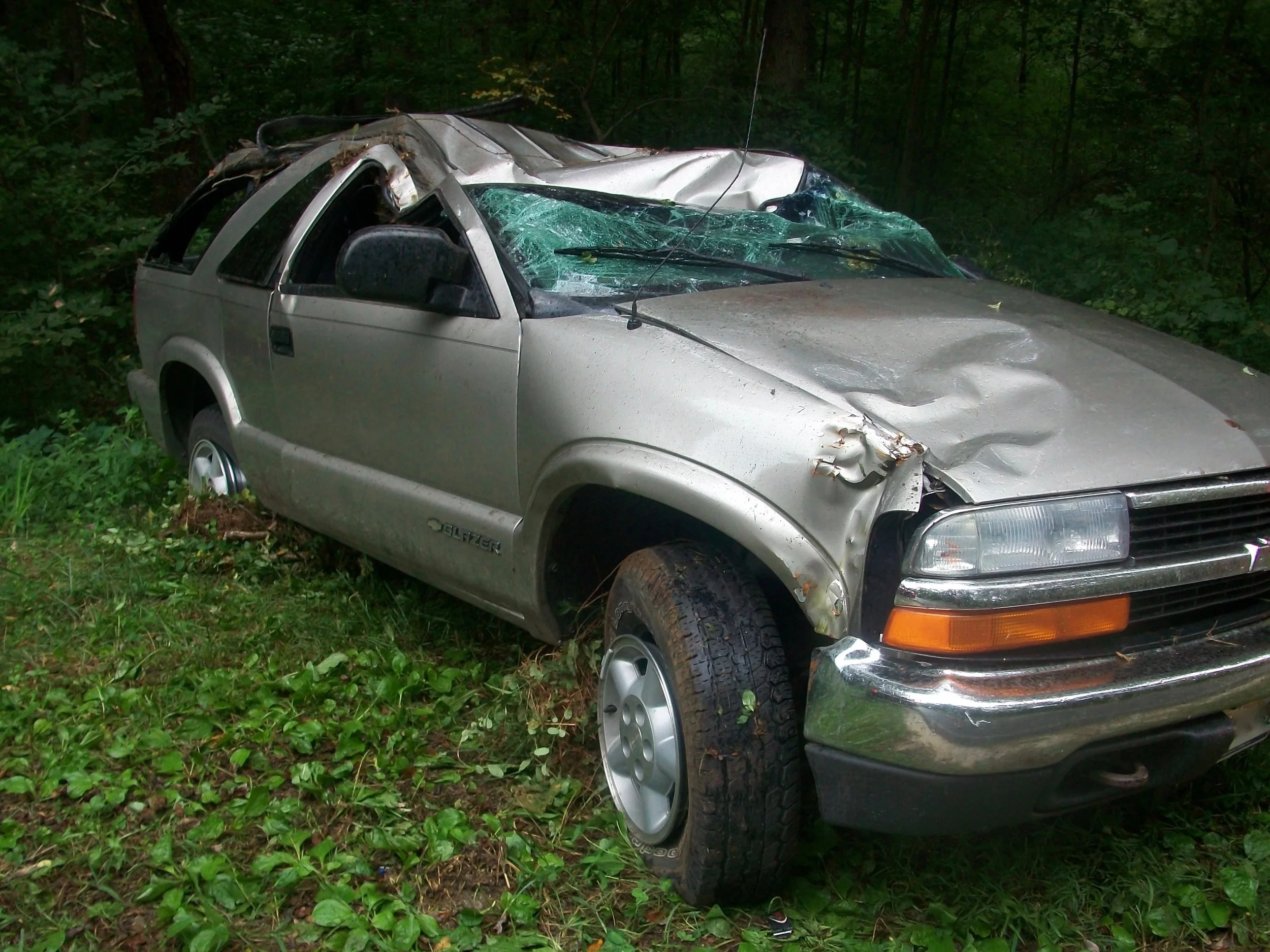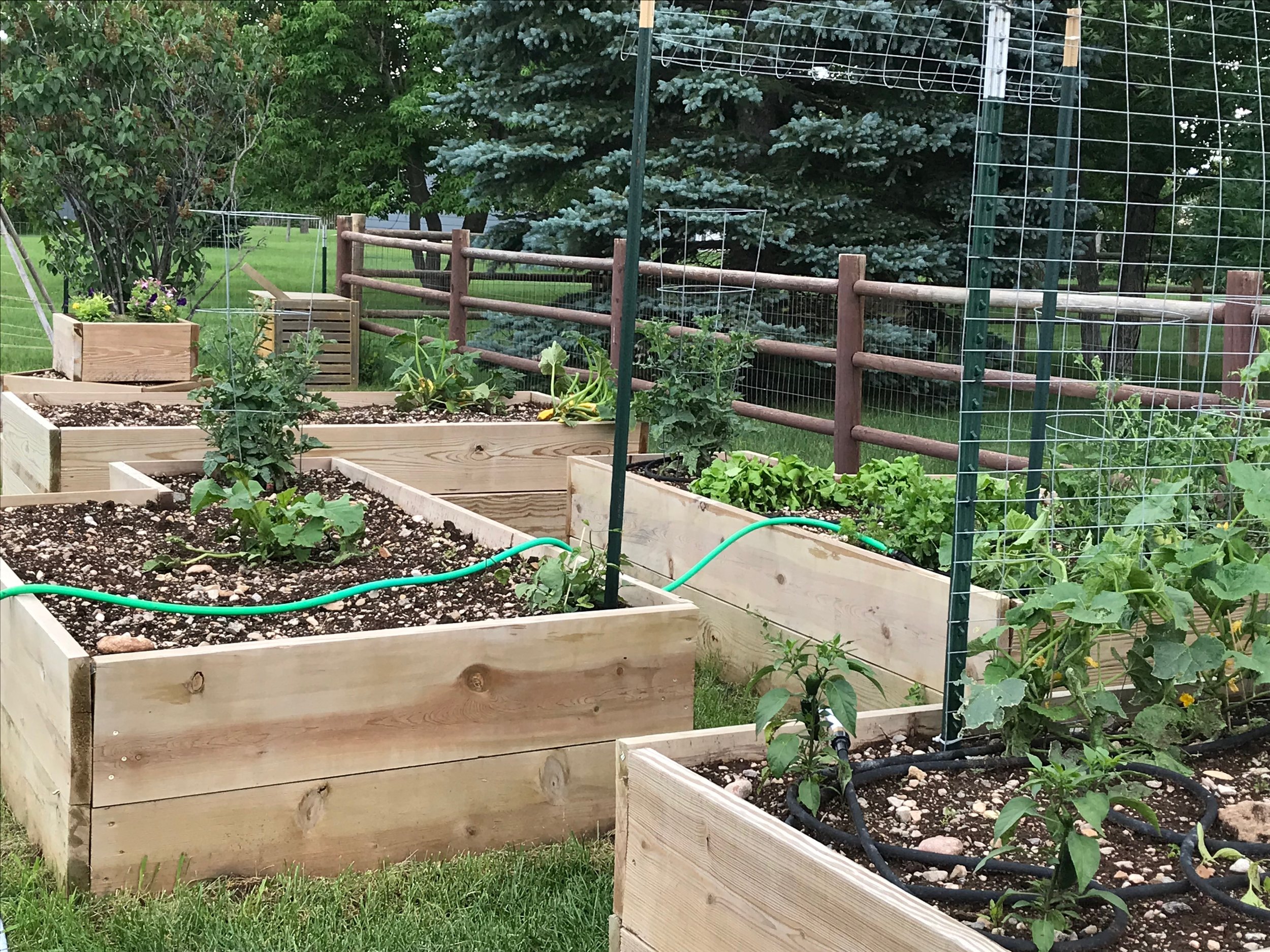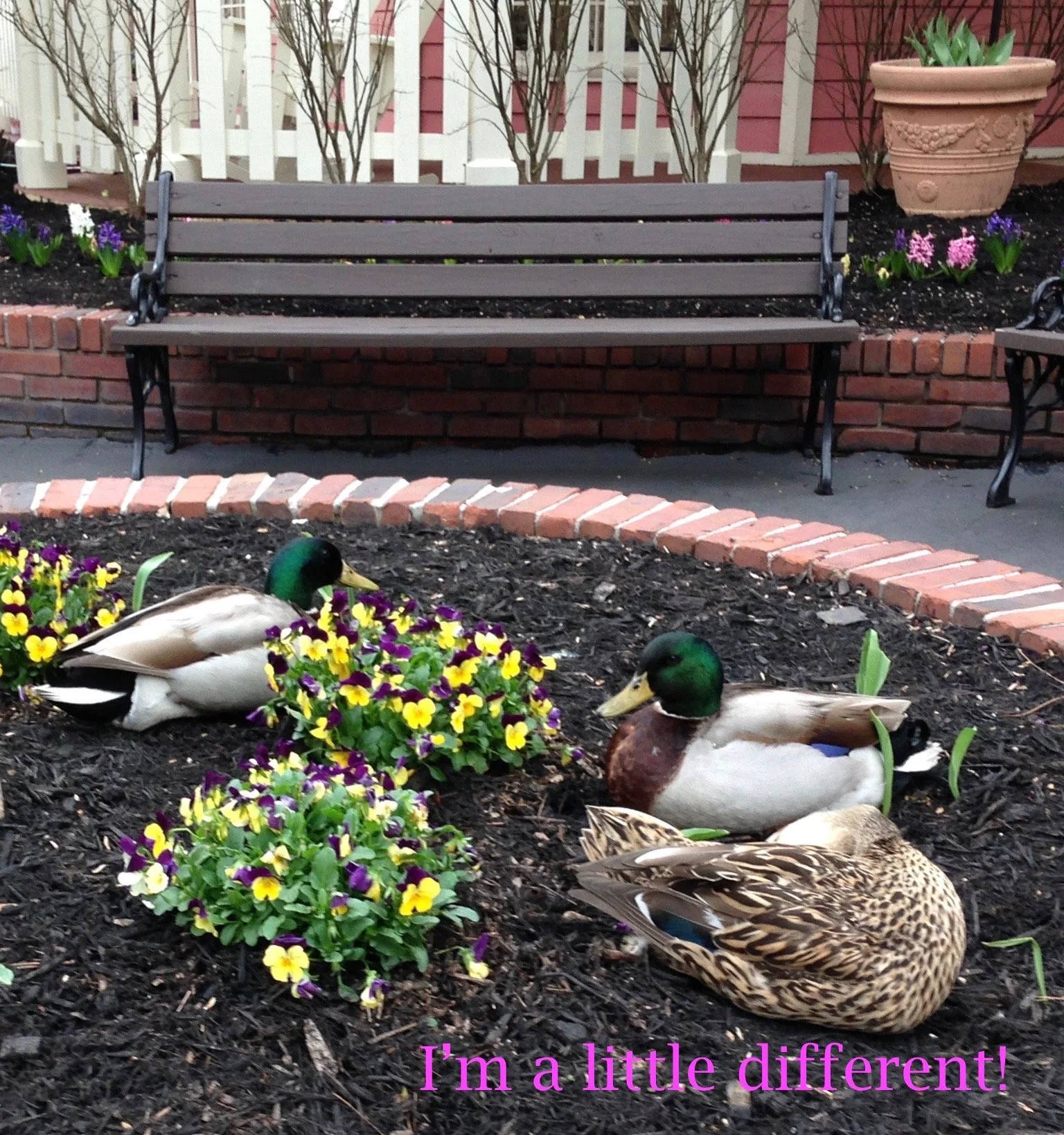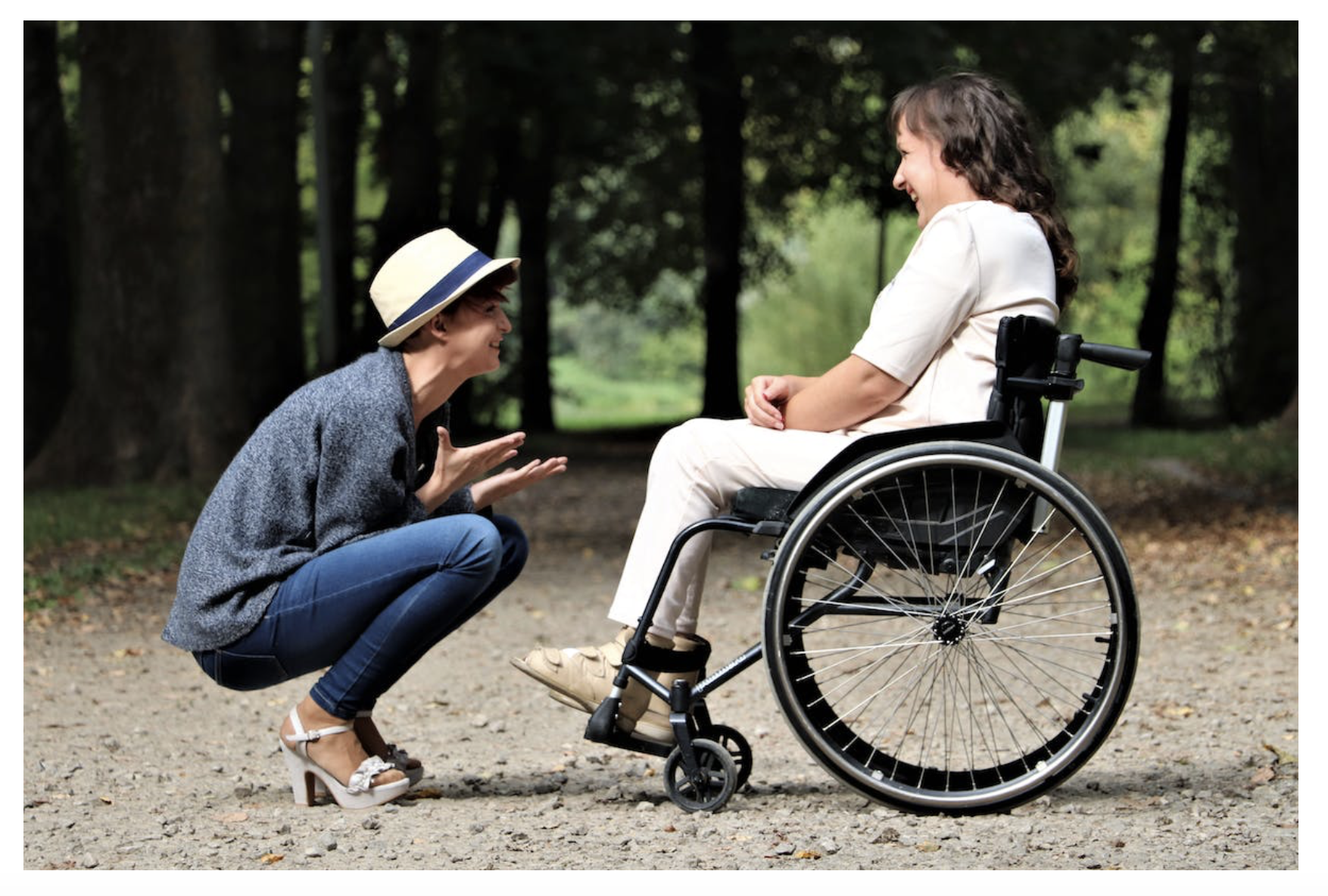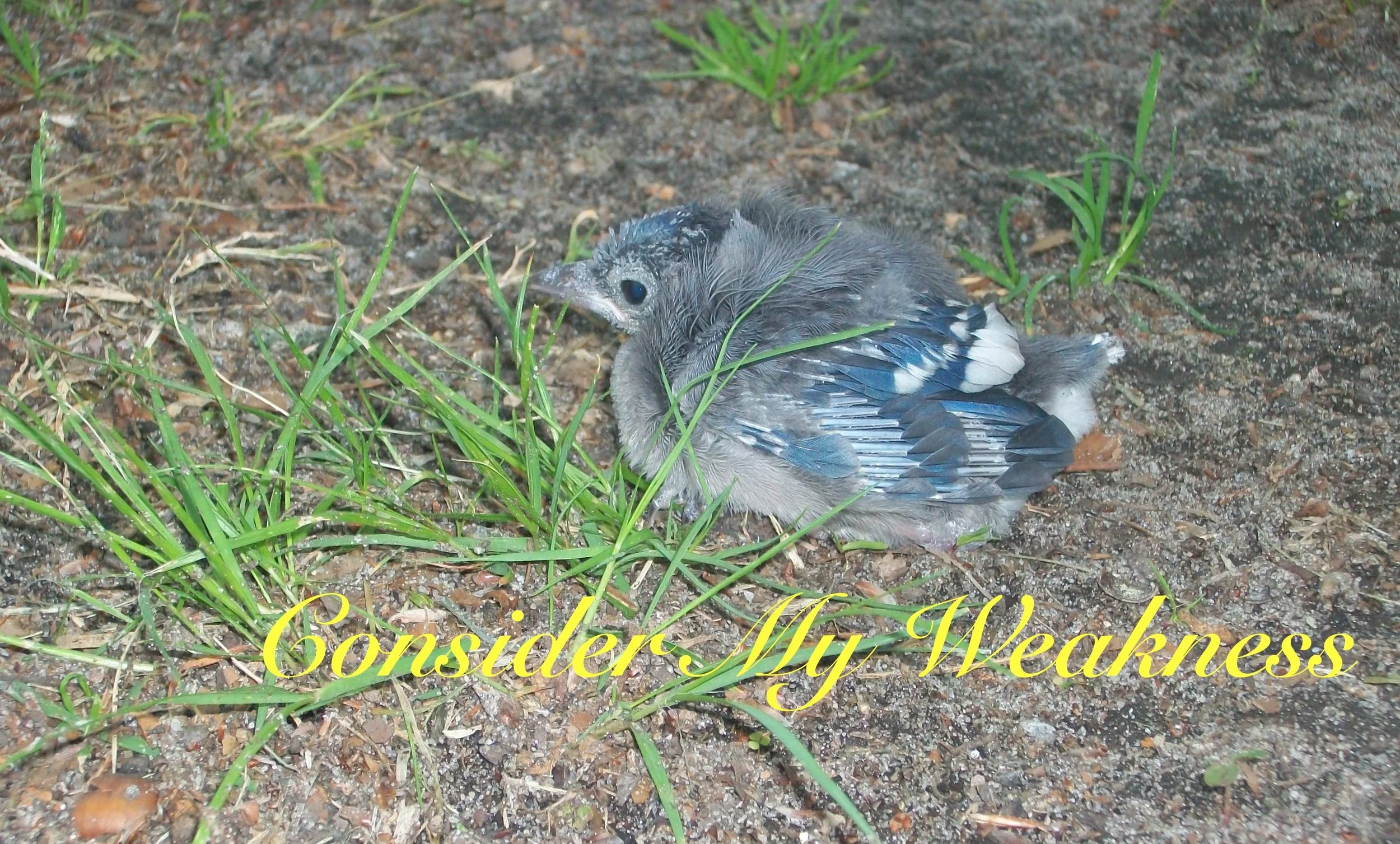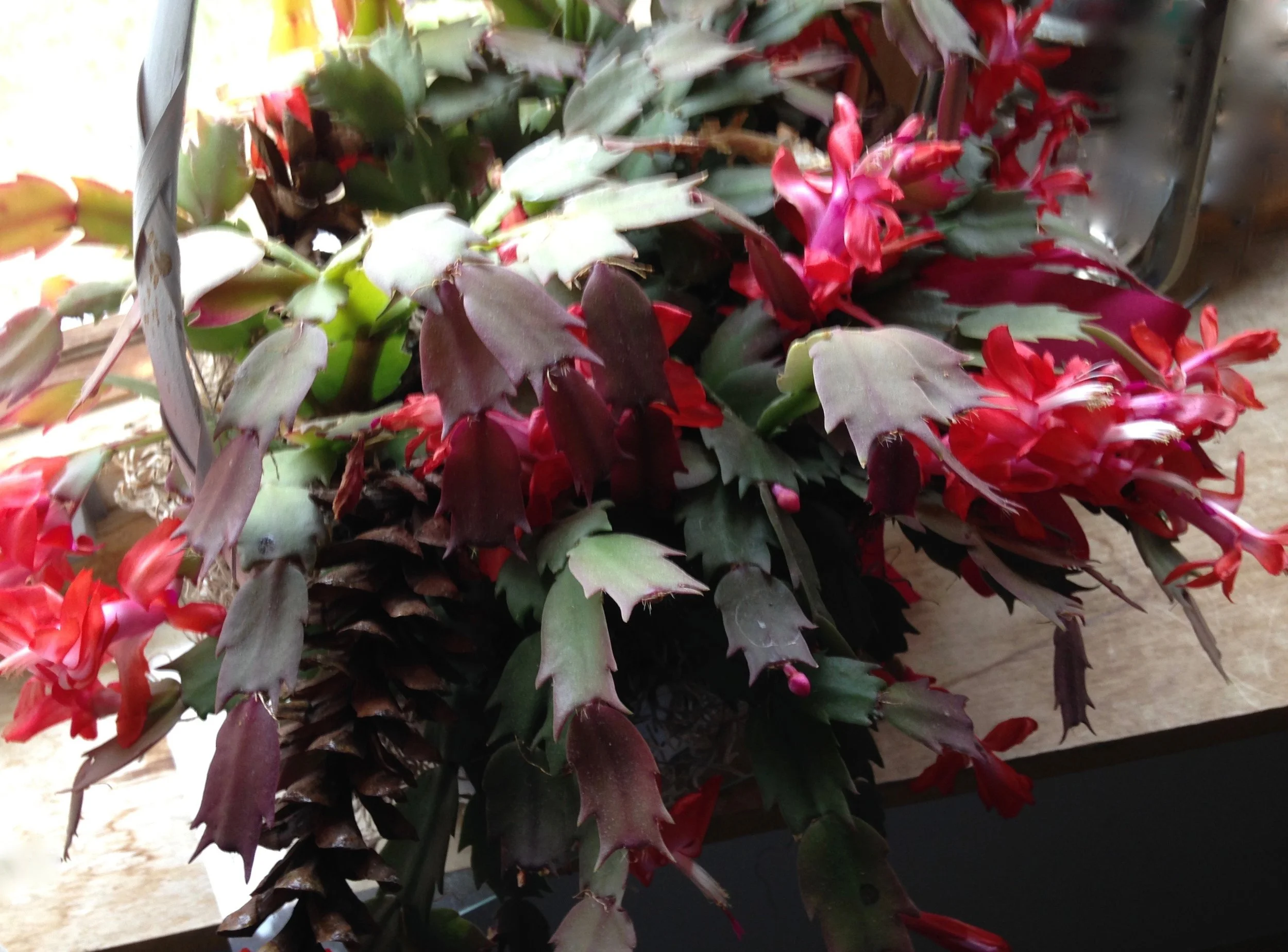Corralling Stress
Some months ago we were in a car accident. It wasn’t horrific and no one was hurt. My car, however received a good bit of damage. This meant dealing with the insurance company, making sure we had a vehicle to drive until mine was repaired, and other issues that generally come with that kind of incident. On top of this, my husband wasn’t well, we were supposed to travel, I had writing to do, my daily ‘domestic duties’ to take care of, a garden that needed tending and the list just seemed to bury me under. I was overwhelmed! I was stressed! I cried a lot as my world seemed to spin out of control!
On a much simpler level, yet just as intense, was when my granddaughter was in public school years ago. Each morning her stomach would hurt and she’d be sick, she’d have a headache and cry all the way to school. She was stressed!
Stress lives in everyone’s life! It can be good for you, because it drives you forward. When I was in college (as a non-traditional student) I was determined to carry a 4.0 average. I came close at graduation with a 3.8. Working toward this goal could be stressful, but I was determined, even when the subject matter seemed beyond my comprehension—Math and Science were a struggle for me—especially after not being in a classroom for thirty years.
On top of this I was married with a family and grandchildren! We had a son in the Iraq conflict overseas, one of my daughters and husband moved to another state, my husband’s health was deteriorating and the list seemed insurmountable. Yet there was a positive stress level in my goal for graduating—and doing it well!
Stress affects different people in a variety of ways. Some may cry, such as I did, make you physically sick, like my granddaughter, but it can also cause a person to stutter, have depression, be argumentative, disoriented, cause withdrawal, or compulsive talking, confusion and so much more. Each of these attributes from a single person affects the entire family.
Adults, like myself often deal with stress on a variety of levels. But when a child has a disability they find themselves juggling much to keep a good balance in the home and that, too can cause stress. But it doesn’t stop there.
Like my granddaughter, children are often affected with stress. That can make them work harder to succeed, or it can break them, depending on personality and abilities. When you add a mental disability, the stakes are even higher.
Children can recognize they are ‘different’. That doesn’t mean they are wrong, just different. Yet there is a stigma that becomes attached to the ‘different’. Peers may not be kind or understanding. He becomes frustrated with what he can or cannot do. Developmental and physical transitions seem challenging and complicated and cause worry and anxiety about being able to do what is expected. They become stressed and this further complicates successes.
Fear grips all of us and in my view this is part of the ‘stress element’. I became fearful of all the ‘stuff’ I was afraid of not completing or getting figured out after the accident. My granddaughter was fearful of the classroom and not fulfilling expectations of her teacher, her parents and even herself!
Parents are fearful of not doing the ‘right thing’ for their children (disabled and non-disabled). And the disabled child is fearful of all he does not understand and anxious about what is going on around him, what others think, and so much more!
It’s paramount that as stress levels rise, we find relief. Sometimes it’s just crying (like I did) until the crisis passes. Other times it means talking to someone close to us about our worries, or perhaps even a professional. Other times it requires medication and learning coping strategies.
Sometimes it means planning self-care like soaking in the tub and relaxing, taking a walk outdoors in the bright sunshine, or even in the cool briskness of early morning. It may mean losing yourself in music, riding a horse, exercise or a hundred other ideas which help you relax.
Stress is real. It can crush you unless you are able to corral that energy in a positive way. It takes determination but it’s well worth the effort.
Photo Credit: https://www.istockphoto.com/search/2/image?phrase=stress
Photo Credit: https://www.freepik.com/free-photos-vectors/child-stress
Photo Credit: https://www.istockphoto.com/search/2/image?phrase=self+care
Fall Is Just Around The Corner!
Fall! While it’s still a few weeks off, it’s a great time to start thinking about this amazing time of year. Days will still be warm with bright sunshine, while the sun sets earlier and the nights turn cool. Leaves are begging to change into their stunning yellows , bright oranges and rustic browns and gently find a resting place below the branches where they have lived all summer.
The occasional smell of an early morning fireplace taking the edge off the brisk morning, intermingled with the damp, cool, earthy scent to start your day is a reminder that a change is in the air. Warming around the campfire in the evening toasting s’mores creating memories is still another reminder that the earth is preparing for its annual rest.
Putting the Garden to Rest
It’s time to ready the garden for rest, as well, so that when spring returns, new growth can resume in earnest. Removing left over tall weeds before they go to seed, pruning, removing summer annuals, raking and collecting fallen leaves to use as a nutritious mulch over flower beds and garden boxes is a great way to spend a nice afternoon. Evaluating what plants worked and what didn’t, planting fall bulbs for beautiful color in the spring along with veggies that could make it over the winter months, are more pleasant ways to spend time outdoors before the chilly wind drives you inside.
A Season of Unique Fall Possibilities
It’s a season with unique possibilities. A trip to an apple orchard to pick the delicious fruit, followed by caramel apple making, apple cider sipping, apple pies to bake and a hundred other apple dishes just waiting to be created and devoured, is a perfect example!
And those huge, beautiful, orange pumpkins! A trip to a pumpkin patch is just the ticket to find the perfect pumpkin for carving and another for painting, and one for muffins and pies to bake. And they make beautiful Fall decorations placed on the porch for a perfect, warm invitation to guests and Halloween visitors in the not so distant future!
In addition to these traditional Fall activities, the sheer joy of watching children playing in the leaves which cover the ground, and brisk walks with camera in hand, for breath taking colors gracing the trees, while squirrels are scampering to and fro, harvesting nuts to store for winter are also ideas which can be done in groups or even in solitude.
A Special Time For Everyone
These astounding adventures are not limited to only the healthy and abled. Each of the scenes I’ve mentioned, can and should, include the disabled. What better way to insert huge doses of encouragement and positivity to anyone, than to indulge in the natural beauty that wraps around us?
A little extra effort in planning for excursions may be required to accommodate someone in a wheelchair or otherwise disabled, but the benefits are so worthwhile. And on those days when the weather isn’t conducive to being outside, carry the Fall theme inside by drinking some hot chocolate or warmed cider, while putting an autumn puzzle together. If puzzles aren’t the favorite, find a paint by number picture to paint and watch as you create your very own Fall masterpiece.
Perhaps most important is to capture the memories that only come with Fall. Small, good things encourage us to celebrate each moment as if it were our last. As we share these moments with our children and loved ones, the memories they carry over can have a profound impact on their lives. Pause and create these Fall moments to cherish!
Picnic Memories
The weather has been crazy all across the land. Places are hot as fire, others are soaked with rain, while others are cool and suffering drought. Still, summer is an amazing time of year.
It’s wonderful to be able to get outside and take a walk, go wading, stroll through the park, take a dip in the pool, lake or ocean (depending on where you are!) or riding a bike, in a convertible with the top down, or even on a motorcycle!
Children often seem oblivious of the weather patterns. They only want to be outside! It’s awesome to see them running through a sprinkler or bobbing in a pool. Little ones love to chase bubbles blown through a magic bubble blower, just playing in the dirt in the sand box, or swinging; and chasing fire flies at night is a delight. Older ones may try their hand at photography or water colors or going down to the pond to fish.
Of course with weather conditions, all these ideas must be customized and instead of outdoor fun there are puzzles to conquer, monopoly and other board games to master, or videos and movies to watch.
The COVID pandemic played havoc with gatherings of any kind because of social distancing! It’s been a real boon to relationships to see many people coming together again for face to face celebrations and fellowship. Even outdoor picnics seemed to have taken a backseat to all the hysteria of the ‘germ’. Thankfully, the ‘germ’ has been contained, at least to a degree and we can enjoy the adventure of an outdoor picnic again!
Summer’s end seems to be the perfect time to join forces with the community, extended family or close friends, to create an adventure called a picnic! Tables filled with fresh vegetables from the garden, and fruit fresh off the vine, along with burgers and hot dogs, pasta salads and a hundred other wonderful items that seem to be summer favorites, tantalize our taste buds. And of course there is watermelon to finish off the celebration, until evening comes and a campfire that begs of s’mores!
Along with all the food to enjoy and devour, there are games, races, possibly a jump in the pond or lake to cool off; volleyball or badminton challenges and more!
Picnics and activities are not only designed for the non-disabled, but wonderful for the disabled, although there is likely some customizing necessary. Those in wheelchairs or otherwise disabled should not be denied a fun time of fellowship, friendship and the pure joy of interacting with others, playing games or partaking of other adventures!
Encourage youngsters, disabled or not to help with prepping the food to carry, which helps teach independent living skills. Discuss the kinds of games everyone might enjoy. There are games which highlights balancing, throwing and other kinds of customized sports activities which can include the disabled child, as well as others.
Another customization idea to help make your picnic be a success for those with disabilities is to make available picnic tables which accommodate wheelchairs. There are guidelines to help with that if you are interested in creating one. https://www.theparkcatalog.com/nsearch/?q=ada+picnic+tables
Learning and thriving together is the greatest goal for all children. As summer comes to a close, making available a designated time for interaction for all children, regardless of abilities is a wonderful platform for deepening friendships, a time for learning and understanding differences, and pure joy for everyone involved. Take the time to make special memories with your… end of summer picnic.
Photo credit: https://www.dreamstime.com/photos-images/picnic-table-food.html
Photo credit: https://www.verywellhealth.com/best-sports-for-kids-with-autism-260157
Laughter Is Good Medicine
My teenage granddaughter told her 2 1/2 year old sister, Kenzie, to stay inside while she went outside to spray dirt off her feet. Kenzie decided to go out anyway and was inadvertently sprayed by the hose. Deciding to tattle, Kenzie went inside to her momma and slapping her leg in total indignation said, “You know what Dani did to me?” And continuing without waiting for an answer said, “she sprayed me with the hose and got me soaked. That was a very bad girl!”
For a two-year-old having that thought process is indeed comical. But she makes the point that sometimes in a bad situation, (she had misbehaved after all) the best option is to make it a laughing matter!
Convoluted Conversations
My husband has hearing loss and in the spring during peak allergy season my sinus issues impacts both my ears, causing me to have some degree of hearing loss, as well. That can get comical since during a conversation we neither hear well and then process what we are hearing incorrectly. Oh my! There have been some interesting, convoluted conversations that have left our children in stitches! This is another case of making a bad situation, a laughing matter. (And yes, it can be bad if what you ‘heard’ was somehow insulting and totally taken wrong.)
Our children were notorious for teasing each other. We see our grandchildren do it too. Usually it’s all in fun, and laughter rules; and that’s a good thing. It’s been proven over and over that laughter is good medicine! It is a great stress reliever!
I remember our family traveling, with five young ones. When things were going badly, whether the weather had become ugly, we needed fuel and no service stations were handy or one or more of the children were having a bad day, our one daughter would invariably, at some point, make some comment that had all her siblings, along with both her dad and I, in belly roll laughter!
Laughter Can Take The Sting Away
As a young person I was dubbed ‘shorty’ by some of my peers—and family members. I’d laugh, even though I loathed the name. But laughter somehow took the sting away. I knew I was short, but somehow it felt like a jab at the person I was—or wanted to be. In the same manner, children who are overweight, sometimes get dubbed ‘fatty’. I recall in school the victim would laugh at the name calling. Again, it took away the sting and made it look like he didn’t care. Regardless of the small giggle, and makeshift acceptance, it’s unkind to continually poke fun at someone because of something you consider ‘faulty’ or ‘distorted’ or something less than perfect.
It’s interesting that often when we are around someone who is disabled, we tend to be more cautious of what we say, perhaps with just a touch of formality. I contend while we’d never want to deliberately hurt anyone’s feelings we need to remember they need laughter too. When the conversation is between friends, the dialogue will often include just a bit of bantering and that’s good!
Sometimes they will initiate it by making a comment of their own. They may say something about their disability in self-deprecation and then giggle. Their struggle is real and while they don’t necessarily want someone poking fun at them, they recognize that life is easier when you don’t take yourself so serious, that everyone else is uncomfortable.
Keeping things light and ‘friendly’, knowing that we all need some laughter is in good taste, if you have a friendship bond with those around you, whether disabled or non-disabled. Teasing or bantering in fun is wonderful and eases stress. It is important however, to not repeat the same ‘jab’ so often it becomes hurtful and rude.
Laughter! It’s good for our spirit, decreases stress and even has physical benefits!
Photo Credit: https://www.dreamstime.com/photos-images/spraying-garden-hose.html
Photo Credit: https://www.google.com/search?q=free+pics+hard+of+hearing&tbm
Summer Fun
This summer seems to be hotter and more humid early in the season, reminding us of the hot, hazy days of August!! It makes a body wonder what next month will be like! Weather across the globe seems to be off kilter with places normally dry, now inundated with rain. While other areas are suffering an unusual drought! It seems like a big weather shift. Many of us are finding we are hiding in our homes to find the comfort of cooler air and less humidity!
Because we adults don’t necessarily deal well with the heat, our children follow our example and find relief inside as well; instead of being outdoors riding bikes, fishing, jumping ropes, exploring the woods, or discovering other adventures. This often begs the question, ‘what are we going to do?’
There Are Options
There are options, even if you have to get a bit creative! Library reading programs might be a place to begin. In this element you have the added advantage of enjoying air conditioning while searching for the right books and other activities available there. There are also activities available at the local YMCA. Swimming facilities are always a plus, as are rock walls, group exercise, and more!
But there are other alternatives. We all need to grocery shop. Often it’s a weekly ‘chore.’ Include the kids on the journey. Let them help with the menu and then the grocery list. Allow them to find the items in the store, perhaps choose and weigh the produce or fruit. In this manner, they are learning real-life lessons without the formality found in a textbooks.
Play a board game! Pull out monopoly, a geography trivia game, scrabble or a hundred other choices! It’s a great way to learn patience, strategy and setting goals, or depending on the game, even team playing, along with how to win or lose gracefully.
Other ideas include field trips, encourage letter writing or even help with household chores. But another idea might be to volunteer somewhere as a family. When we volunteer our time to those in need we not only help them, but also deepen our maturity and builds compassion and life skills.
Customize Activities For Disabilities
While it’s great to have these ideas, they don’t always work for the child with a disability. It’s important to be careful to not throw off their normal routine dramatically. This can cause more damage than good! Predictability is often key! But children with disabilities can be offered the chance to enjoy alternatives to learning in a classroom, if done gradually, and in a place where the setting isn’t too far off normal.
Be sure to talk with your child about an upcoming ‘adventure.’ Try to stay positive. You may need to customize these ideas for your child, and their specific disability. An activity like shopping may not suit. But perhaps once home with the groceries, discuss the meals that will be made with them and let them help put the items away. Perhaps let them help prepare the meal or set the table. (And this applies to their non-disabled peers, as well!)
Learning Outside The Classroom
Our kids sit in a classroom nine months of the year. When we can spend time with them, teaching in a laid back, natural way, they are better for it. It grows relationship and often life skills which are often overlooked in the public school system.
Summer is the ideal time to spend time outdoors too, when the weather cooperates. So when the weather is good, encourage those outdoor activities mentioned at the beginning of this post. Bike riding, swimming, fishing, chasing lightening bugs, butterflies, little lizards or frogs; a gentle ride on the swing set, jumping rope, climbing a tree or playing hop scotch, are just a few options. Enjoy this season before these young ones find themselves back in a classroom. It’ll be here before you know it!
Photo Credit: https://www.pinterest.com/search/my_pins/?q=monopoly%20game&rs=typed
Photo Credit: https://www.pinterest.com/pin/459015387013739088/
A Garden Sanctuary
Many people use landmarks to navigate where they are going. I’m no different, but I choose to use gardens (and churches!) There is something uniquely satisfying about seeing a well-tended, robust garden. Each time we pass one that I’ve seen before, I’m definitely checking out how the plants are growing and producing since the last time I went by. And when I can, I visit large beautiful gardens. There is a joy and deeply satisfying feeling when I stroll between the joyous plants.
We have a garden, but it isn’t large. We are partial to tomatoes, hot and bell peppers, squash, sunflowers, strawberries, lettuce, and few other plants. But even the few we have are reason to enjoy the bounty of this space. (Travel doesn’t allow for a large garden space, since I loathe waste and there is no way I can keep up with the harvest!)
I also have an herb garden ‘area.’ I love my herbs. I grow, cut and dry them and use them in a variety of ways. Smelling them is one of my favorites, along with making teas. And herbs are low maintenance plants. They require very little work and just keep growing until I finally get around to clipping them back and then they grow again!
Summer is fully underway and while it may not be an ideal time to plant a huge vegetable garden, planting herbs and flowers for the pure joy of their proprieties, scents and beauty is always a good time! And when using pots, the plants are a bit more mobile for retrieving from the cold later in the year!
Gardening in any form does much for our well being. Working in the soil and tending plants is known to reduce stress and anxiety, give a feeling of accomplishment and satisfaction and is even believed to help to raise self-esteem.
Anyone can garden, even if a bit of customizing is in order. From the very young, to the adult, the aged and those with disabilities. Each age group can benefit from gardening with just a few adaptations.
Large raised garden boxes are wonderful for the aged and those with disabilities. Be sure to leave wide open spaces between the boxes so a wheelchair or other wheeled chair can be maneuvered in the area. Planting pots can also be an alternative, just placed on the porch so the sun can reach them during the summer and brought in when the weather turns cold. And for the very young, a few simple plants is likely best, while the child learns the skills of watering and otherwise tending their plants.
Herbs—A Source of Joy
For the aged and those with disabilities an herb and/or a flower garden, whatever the size, can be a sanctuary in which to ‘recharge’ and ‘unwind’. Working with plants like lavender and camomile are known by just the scents to calm and soothe the rattled mind. They have beautiful flowers and each can be used in a variety of ways.
Mint is another plant which has a unique scent, taste and texture and other valuable properties to an herbalist. I recommend placing your mint plant in a pot since it is an ‘aggressive’ plant, because it is prolific and spreads easily. It also makes bringing it in when Fall arrives much easier too!
Basil (mine pictured) and sage are two more of my favorite herbs and like mint, there are many variety of this very basic plant. These too, have a unique smell and works wonderfully in many of my recipes.
If you are really interested in how to use the herbs you grow to make tinctures, salves, teas and other items, visit your library, or search for an authorized ‘herbalist’ site on line.
Gardening has so many benefits; and when you can do it year ‘round, it’s even better! I hope you’ll give it a try!
Photo Credit: https://www.pexels.com/search/garden/
Photo Credit: https://suite101.com/raised-garden-bed-plans/
DISCLAIMER: This article is NOT for medicinal purposes. Talk with your doctor before using any herb/plant for consumption or for any medical reasons. You may have an allergic reaction or medicine with which it clashes! The plants mentioned are not necessarily FDA approved for consumption.
Memorable Moments
Friendships. We all want them, and while they’re not a hundred percent correct necessarily, we all have them. The depth of these friendships vary from relationship to relationship and sometimes from day to day. There are lots of reasons for friendships to have ups and downs and each person has their own difficulties.
Often however, it has to do with how we feel physically on a certain day. Perhaps circumstances have us off kilter, sometimes we are overwhelmed and just have no clue how to respond.
Having A Dark Day
I received a phone call from a friend last week and as soon as she spoke I knew something was wrong. There was intense darkness in her voice. She was having a bad day. On this day, however, after everything else at work for the past several days had been a trial, she discovered her computer crashed.
This is relevant because she is responsible for the finances of a small business. And to her horror, she realized because of the activity level she’d been facing over the last three weeks, she had not backed up her computer. Thankfully she had printed copies of invoices to help navigate, but it still left her in quite the spot.
After chatting a few moments and reassuring my friend she could create a new spreadsheet, even though it was going to take some long tedious hours to do, she could it. In the meantime, she was going to need to purchase another computer. This event will be a memorable moment for both of us for a long time!
Other times friendships are affected by a disability. What anyone wants is a sincere friend that doesn’t fault them when they are having a bad day. Just as I had to recognize my friend was having a bad day because of work, we sometimes must recognize that anyone who has a disability is on a journey. This journey may create situations where they remember the circumstance that caused their disability, but they don’t necessarily want you to remind them.
Milestones of Progress
A better option might to be remember a milestone of progress! It’s important to listen to what your friend shares. They may be excited because of a new medicine they are taking that is finally helping the migraines or other problem. They may, after cancer treatments be worn out, and finally reach a point where they feel ‘decent’ again. Or after fighting an insurance company, they finally get the medical equipment they’ve been needing.
Celebrate the small (or big) things! Offer encouragement, even if in a text, as they make doctor visits, have procedures, or even if they are having a bad day! As information is shared, make a mental note; and if you can, send a note, a text, make a call or visit as able, to celebrate the victories! These are memorable, meaningful moments that can make a world of difference. It’s about feeling included, thought of, special, a part of something bigger than ourselves, and cherished as a friend.
We all want friendships that have value, which are sincere and can last a lifetime. It takes effort. Anything of value does.
#Friendship #Encouragement #CelebrateMilestones #CelebrateTheSmallThings #MemorableMoments #FriendshipsThatLast #DarkDays #HavingABadDay #EveryoneHasDifficulties #CherishedFriends #FeelingIncluded #FeelingWanted #Loved
Photo Credit: https://www.freepik.com/free-photo/medium-shot-friends-holding-each-other_13704676.htm#page=2&query=free
Photo Credit: https://www.freepik.com/free-photos-vectors/encouragement
Special Heroes
Patriotism stands pretty tall in our home. My husband, a Viet Nam Veteran, who was shot over there, still flies the flag and believes his service in the USMC was something to be proud of. And, he still insists he believed in our country, even during that conflict; and that it was his duty as an American citizen to fight for it.
Let’s face it, what other country has the freedoms available to its citizens across the land any more than the USA? Yeah, patriotism is respected and honored here, and I know that doesn’t just apply to our family! In fact there is a young man from our local church who in the last few weeks made a commitment to the USA and the United States Marine Corps and is now training at Parris Island.
Sometimes patriotism stumbles in some sectors. There are those who believe we should just keep our nose out of affairs across the ocean and focus on what’s going on right here and now. They may not be wrong, but if we don’t defend our rights, what happens to them? Won’t they become lost and buried so deep we won’t be able to find them again? Do we really want that to happen?
There are some who choose to downplay the role of the military. Sadly, they are often the same people who are standing with picket signs shouting their displeasure over something, knowing because of the freedoms guaranteed here, no one is going to tell them they can’t!
Heroes From Our Past— With Special Abilities
I came across an article written back in 1942 about women and people with disabilities who ‘fought the fight’ during World War II, even though they couldn’t actively be on the front lines. They were powered jigsaw operators, people who swept up rivets from the floors of factories to be recycled for the war effort, and women who would file and sand bullet dies, while others manned sewing machines to make uniforms and canvas aprons; all for the military war effort! These folks were dedicated to our country despite the personal difficulties that kept them from actively being ‘in’ battle a world away!
The tradition of the disabled still working to help protect America continues still today. October of 2022 a large group of folks with disabilities were recognized for their impact in the military. These men and women were engineers, machinists, software developers and more! Their work was instrumental in providing a service of huge importance regardless of their physical difficulties. This is dedication! This is proof that patriotism still stands tall! (Both article links are below if you are interested!)
Celebrate Independence Day!
Today we celebrate July 4th—-the United States Independence Day. When was the last time you reflected on how incredible that really is? Many of us have barbecues and watch parades, but from a personal standpoint, do you consider the impact the men and women have made your your life? It’s profound, really; to live in a country where freedoms abound! Yes, it has its issues, but the United States of America is still the greatest country on the planet. We have much to be thankful for!
Fly your flag, and remember those who over the last 200 plus years have sacrificed to give you and me that privilege. And if you see a Veteran today or during this week, remember to thank them. Freedom is NOT free. It comes with a price and many have given their all, so we can stand here today and be proud to be an American!
#ProudToBeAnAmerican #FlyYourFlag #IndependenceDay #TheDisabledServe #ServiceCounts #FreedomIsNotFree
Photo Credit: https://www.google.com/search?q=free%20independence%20day%20pictures
Exclusion Should Not Be An Option
I didn’t fit in when in high school. Our family was poor as dirt, and while most people treated me kindly, I didn’t attend sports events, dances, or belong to extra curricula groups like band or newspaper, etc.
But there was one occasion where not fitting in really hurt. A friend who sat at our lunch table was having a party. Everyone at the table had been invited except me. I only discovered this when a guy at the table asked me a question about the party. I explained I wouldn’t be there. He asked, why and I told him simply, ‘I wasn’t invited’. He was livid. He even offered to not attend on my account, which seemed ridiculous to me—and I told him so. But the damage had been done. I was again, going to be excluded.
Everyone wants to be included, whether it’s at playtime when we are toddlers, to elementary school, right on up through high school when we are trying to discover who we are. As adults, that doesn’t change. We still want to be part of a ‘group’— to have friends we can count on, or talk with, perhaps even share secrets with.
When we discover we ‘don’t belong’ because of someone’s careless words, behaviors, or even an oversight, we can be wounded to the core of our souls and find our self-esteem and confidence plummet.
The Invitation Came, But…
I was reading the other day and came across an article about a wedding. Invitations were sent, one of which included to a good friend of the bride. The ‘good friend’ however, was in a wheelchair. When the friend asked the bride-to-be if the venue was wheelchair accessible, her response was a glib, “no, but surely you can find someone to carry you up the stairs.”
Perhaps the bride with all her other preparations hadn’t thought of the difficulties the venue could make on at least part of her guests. When a person isn’t intimately aware of these kinds of needs, it’s easy to forget; but the response was, in my opinion horrible. The bride’s reaction seemed almost insulting and disrespectful, given she knew about the disability, it wasn’t just an oversight.
A much better approach would have been to make sure all guests could attend (assuming you really wanted them there). As a friend, it would be appropriate to make certain accessibility is available for the entire ceremony and the reception afterwards. Is this an inconvenience? I suggest, only if you don’t want the person there! Further, not making sure your ‘friend’ could attend displays the importance —or lack of importance— of your friendship.
Consider The Venue
A similar situation arises when friends are all to meet somewhere for a meeting, dinner, or even coffee. Consider the venue. Is there even a thought to wheelchair accessibility for the friend resigned to a wheelchair? Not all establishments accommodate these needs. Sometimes a simple phone call or ‘google search’ can eliminate any possibility of the ‘uh oh’ moment when everyone arrives.
If we call ourselves ‘friend’ then we need to support, include and advocate for those who have difficulties over which there is little or no control. Persons with disabilities want to fit it socially, just as every other person on the planet. They want to be included in the lives of their family, friends, and in their community. They deserve to live the same kind of lifestyle as their non-disabled counterparts!
When we, as ‘friend’ can go the extra mile to help navigate some of the controllable variables —like accessibility, transportation, or even anxiety triggers— surrounding our disabled friend, we have gone a long way to exemplify what friendship is. Exclusion should not be an option.
#exclusion #BeConsiderate #Inclusion #ChoiceOfVenue #DisabilityVenue #FriendshipCounts #CommunityAndDisability #InvitationToAWedding #IDon’tBelong #ConsiderTheVenue
Photo #1 Credit: https://www.google.com/search?q=free+pics+of+birthday+party&client=safari&channel=iphone\
Photo #2 Credit: https://nmeda.org/wheelchair-accessible-wedding/ (Great site for more information!)
Photo #3 Credit: https://pixabay.com/photos/old-few-sea-pension-pensioners-4890664/
Help! I’m Bored
School is finally finished for the year and summer has arrived! What a joy; unless you are the young person who suddenly has time on his hands and haven’t a clue what to do with it. Let’s face it, the last nine months, Monday through Friday, were planned with specific scheduling. Now it’s free time and for some reason there isn’t one thing he can think to do that’s the least bit entertaining or exciting. Invariably, we see our children reach for the TV remote or for a video game just to pass the time away!
This scenario is sadly, typical of many homes across the nation, and not just for young folks. Many adults, especially at the end of the day, after working eight hours, want nothing more than to sit and watch a good movie or play a game on their iPad, or phone —or do all of those at once! We’ve become a very digital world!
This conversation came up recently with a friend who dropped by. She said, “The last thing my kids wanted to say during the summer was, ‘I’m bored’. I told them in a quick hurry, ‘You don’t want to say that around me, because I have plenty I could give you to do.’ Of course they scooted off and found something to entertain themselves. The last thing they wanted was to clean out the chicken coop or hang clothes on the line to dry among a long list of other ‘chores’ that needed to be done.”
I laughed, because this is how I grew up. Often my siblings and I didn’t have time to be bored, because our parents made sure we had ‘chores’ that needed doing every day.
The Challenge of Keeping Kids Occupied
Just a few days ago, one of my grandchildren commented, she was bored. This teenager has siblings, lives in the country, loves to draw, sew and color in ‘adult coloring books’ (as opposed to a Mickey Mouse, or other Disney coloring book.) How could she be bored? I recalled about a week earlier coming across a list of options for a ‘What do I want to get into today list?’ on Pinterest (perhaps several and I merged them!) and created a document. As mentioned, this problem doesn’t only exist for young people!
Finding the document, I printed her a copy and she was fascinated. It ranged from painting rocks, to a month long photography list, making coke floats, to researching the Vikings and a whole lot in between! The list is quite lengthy!
Other articles not only give a general list of ideas, but will explain the value. This is especially important if you have a child who just needs continued reading so lessons learned won’t be forgotten or a child with a learning disability. Missing out on two and a half months of reading can be devastating come Fall when school starts up again.
Feed Minds For Strength
Our brains need constant ‘food’ to stay strong, just as our bodies do. There are plenty of options to meet the goals of continued learning, even in the most adventurous sense! Enroll in a summer reading program at your local library, take music lessons, visit a museum, or plan some field trips according to interest can be a place to begin. There might be a local historical site near you or festivals which might make learning fun!
Encourage letter writing, play dominoes, learn a new skill like sewing, cross stitch, whittling, or baking dessert. Create a treasure map, or do a Science experiment. Let your child have a corner of the family garden to plant fun flowers, herbs or other vegetation or do a jigsaw puzzle, visit a bird sanctuary or help a family who has farm animals.
These types of learning experiences are especially important to the slow learner or to a disabled child. An activity which can be interesting, often doesn’t seem to be learning! The ideas are endless and can provide a great amount of learning without even trying. This type of learning curbs the ‘loss of learning’ which often occurs over the summer months, when not actively involved in the school routine.
I find, even for myself, I am a much happier person when I can learn something everyday. It stimulates my mind and tickles the creative energies within me. In our world of digital devices that monopolize our time, being creative off these devices is not only a healthy alternative, it’s downright fun!
Having A Bad Day
I over heard the conversation of two women recently, that really caused me pause.
“It’s been a bad day,” one woman said, downcast.
“Why?” another asked.
“My daughter had to have emergency surgery today, my son is in a dark mood and, frankly, sometimes he scares me. I just heard my uncle passed away yesterday and my husband has a bad cold and that makes him extra grouchy!”
“Shew! You’re right! That absolutely sounds like a bad day,” the first agreed. “We all have those sometimes,” she continued reflectively. “I had a friend recently who was in a car accident and is now paralyzed from the waist down. They don’t believe she will ever walk again. She has a four-year-old and a set of two-year-old twins. I get it!”
It seems ‘bad days’ come at the worst possible time, causing a body to barely be able to breathe with all the emotions that ripples through your being, while trying to digest it all!
Often bad days have more to do with how we are able to navigate all the circumstances, information and emotions the bad events creates. The emotions the first woman had were genuinely, emotionally stressful. And everyone knows what stress does to a body. She just wanted someone to know her ‘heart’ hurt and vent a little bit; while not expecting anything except a listening ear. I suspect we’ve all been there before.
The counter story of being permanently disabled after an accident, must have shaken the first lady because she had nothing else to offer to the conversation. She just looked away, deep into her own thoughts.
I again, suspect we’ve all done that, as well. We get so knotted inside about our own frustrations, it often doesn’t occur to us there is someone likely worse off than we. That doesn’t diminish our problems, but can alter the way we handle them.
Handling ‘bad days’ can be exhausting in their own right! When we are emotionally wrought it’s hard to move forward and be productive. Often we just want to be left alone to ‘sulk’? or at least in some measure work through whatever we are dealing with. We don’t want our ‘feelings’ to interfere with friendships and interactions with other people.
The person with a disability is no different. A disability puts a new perspective on having a ‘bad day,’ however. While not wanting to talk about their disability, it’s a reality that cannot always be hidden, and sometimes causes isolation.
Isolation can come from a variety of sources, one of which is self-inflicted, because they are trying to work through a physicality, as well as, their emotional health. Other times it comes from friends (or family) who don’t intentionally want to inflict pain, but don’t know how to interact with them, especially when they are having a ‘bad day.’
We all have those days when it feels like the world is just mean! Nothing seems to be going right, and forward progress does not exist! Still, eventually we do work through it, whether it’s through a Higher Power, family aid, or even the friend who offers a listening ear.
The disabled, want the same as their non-disabled peers. Bad days happen. Don’t turn away because you don’t know how to help. Accept the bad moment for what it is, no matter what the ‘ability’, and ask if there’s anything you can do. If not, be content with offering a listening ear or just sit quietly until they are ready to share. But be there for those who are having a bad day. We all need to know we are cared about, when our days are good…and not so good.
Photo Credit: https://www.freepik.com/search?format=search&page=5&query=disability+friends+listening&selection=1
‘Garden’-What A Wonderful Word
Gardens! What a wonderful word! There is nothing like going out to that wonderful world of fresh, growing vegetables and plucking a ripe, red tomato! Add a green pepper from the pepper plant, pull an onion, a fresh small squash, a cutting of asparagus or two and a hot pepper and you’re set for the makings of an amazing salad!
I admit, I’m not the best gardener, but I do enjoy the journey. We have real sandy soil where I live, and some things just take extra care and expertise, if you will. My son, on the other hand who lives in another state has become the ‘garden guru’ of his community and extended family! He seems to be able to grow just about anything and has quite the extensive garden. So much, in fact, he says if he can’t obtain it from his garden, it won’t be included in his diet. (Excluding meat—-but he’s a hunter, as well!)
Many people garden. Some do for the sheer joy of being outdoors and ‘playing’ in the soil! Others garden out of the desire to reduce grocery expenses, and still others find a unique sense of peace and productivity when working there; whether it be pulling weeds, separating plants, watering or otherwise nurturing their gardening space.
From an outward appearance, we may think gardening is only for the non-disabled. We may not even consider someone who has any form of disability would be remotely interested in such a venture. But actually, gardening for the disability community not only happens, but is heartily encouraged!
So Many Benefits of Gardening
There are a good many reasons why those with disabilities should see gardening as a positive activity. Like all their non-disabled peers and friends, it’s a great reason to be outdoors. Fresh air and sunshine can improve mood and give us a feeling of connection with nature!
It helps us stay physically active. All people, regardless of ability need to be as active as possible! Raking, pulling weeds, and other activities demands a certain amount of dedicated ‘work’. Because of this, gardening enhances flexibility and requires use of muscles we sometimes forget we have until we’ve over used them, while at the same time giving us a purpose, being useful and productive.
Studies even show that gardening reduces stress and gives us a sense of responsibility. I remember years ago reading about an author who when she got stuck on a manuscript would find herself outdoors in the garden where pulling weeds was great therapy. In this ‘world’ she discovered her stress relieved and surprisingly would be able to solve the problem her story was giving her!
It’s true, the garden for a person with disabilities may ‘look’ a little different with raised garden boxes to accommodate a wheel chair, or even to eliminate bending or stooping, which even applies to an older person. (I love these kinds of boxes! I find them downright beautiful. They are neat and easier to keep weed free.) And there are likely other needs necessary to accommodate a disability garden, like specific tools, and containers on wheels, or tables at wheelchair height to accommodate planting and other activities, but they are totally maintainable, available or easily created.
Community Gardening
One different option to maintaining a garden alone, would be to become part of a ‘community garden,’ or sometimes known as a ‘P-Patch’ in my surrounding area, which provides a bonus of socialization. These are usually plots on city land or within organizations like 4-H or ‘Recreation and Parks’. But the space allows for volunteers to become caretakers of the garden which serves to provide vegetables for participants, with the added gift of making the area much more aesthetically pleasing!
Gardening! What a wonderful word and a beautiful picture! While it’s late in the season for planting, I encourage you to consider gardening, even if minimally. Buy a plant or three, sit them on your windowsill for sunshine, or outside on the deck, or even plant them in the ground. (Herbs are almost always available, as are many other plants.) Tend the plants by making sure sunshine reaches them, provide water and keep weeds away. Watch them grow and potentially produce a ‘bounty’ of something wonderfully tasty, and healthy!
Garden for the bounty it produces, time spent with friends while caring for it, exercise it enables, productivity and purpose it provides and just for the sheer joy of it! Happy Gardening!
#gardening #gardeningAndDisabilities #gardeningTherapy #GardenAWonderfulWord #GardensAreBeautiful #GardenBounty
#planting #communityGardening #GardenBoxes #exercise #productive #providingApurpose #minimalGardening
https://www.dreamstime.com/stock-photography-community-garden-plot-image25278062
Friendship Matters To Everyone
I remember as an elementary student wanting desperately to ‘fit in.’ Our family moved a lot, causing my sister and me to land in a new school every year—through 6th grade! On top of the ‘new kid in school’ syndrome, our family was dirt poor. Almost all our clothes were given to us and often a size too large or just a bit too small. This set us girls up for struggles in relationships that created lasting friendships.
I’m more of an extrovert and bounced back a little more easily than she, and didn’t wear the ‘scars’ of feeling like an outcast or ‘foreigner’ for so long, the self-esteem level became way too low! These feelings carried over into our middle and high school years and still haunts my sister, even now as an adult.
We All Want To Belong
Friendships matter to everyone. We all need to know we belong; to know we have value and are accepted by our peers. The elements of friendships, are needed for a better quality of life, for our mental and physical health and even as we grow older for improved community integration.
The drawbacks to the lack of friendships can lead to chronic depression caused by loneliness, the feeling of worthlessness, and stress, all of which will allow our immune system vulnerable to a greater risk of illness.
One of the key elements of being a good friend is to be there for them when times are good and when things are not going so well. Our lives can change in a heartbeat due to an illness, accident or other event.
Change is Difficult
When the change comes suddenly causing a lifestyle change due to a disability, it affects not only the person with the disability but family, and even friends.
I remember when a friend of mine lost a baby early in her pregnancy. I admit I hadn’t a clue how to respond aside from saying, “I’m so sorry.” After that, I was at a loss and therefore did nothing. As it turns out so did most everyone else. My friend finally admitted, that ‘doing nothing’ was doing ‘something’ and that something brought heartbreak!
It’s the same for a person who is disabled. While they don’t want to be repeatedly reminded of what they can no longer do, they want to know that you haven’t forgotten who they are! Their physical needs may have changed, but their heart hasn’t! Their emotions and feelings are as strong as they always were, and sometimes in desperate need of reassurance that they are still special and still your friend!
They want to know you don’t mind sitting with them for a cup of coffee, even if the conversation isn’t especially ‘chatty’. They want to be included in activities and realize not everything will work and that, that’s okay, too! They may not be able to negotiate stairs or other kind of flooring as smoothly as the general population; or hear clearly or speak as eloquently, or see as well; or even have disabilities we can’t see, that inhibits processing information or following directions exactly as their peers. But that doesn’t change their need to have a friend who can see past what any one else defines as limitations!
Mostly those who have a disability just want acceptance; which includes appreciating who they are when things are good, and when things are not going so spectacular!
#change #disability #changeIsHard #friendship #unlikelyBuddies #WeAllWantToBelong #FriendshipMatters #FriendshipMattersToEveryone #FittingIn #Belonging #BestFriends
Photo Credit: https://www.pexels.com/photo/woman-on-black-folding-wheelchair-2026764/
Consideration For Others
“The phone call came early”, my friend said, beginning her story, “at 6:00 a.m.! Disoriented I hopped out of bed and headed to where I thought the sound was coming from. Half asleep, I answered the phone, saying, “Good morning,” as cheerily as I could muster.
“Hey, watch ‘cha doing?” came the voice on the other end.
“I was asleep. “Why? What time is it?”
“8:00”
“No, no, no. There is a two hour time difference, remember? We are in Arizona!”
“Nope! I forgot! Sorry! Go back to sleep. I will message you later on face book.”
“Back to sleep? Yeah right! That’s not happening. Wait! Why did you call? Just to chat or did you need something?”
“I need a favor. I’ll get you later.”
“Well, alright. Bye.” So we hang up and just as the caller promised, the favor request came via email, and I took care of the matter promptly and sent the requested information. For four days I waited. No response or contact of any kind. Finally I sent a text message. “Did you get the information I sent?”
Response: “Yes, thanks.”
“Now I can tell you I got really annoyed,” said my friend, as her voice rose even as she retold the story. “Why the delay in showing gratitude? Are we so caught up in our own lives we can’t be courteous anymore? I was awakened at an awful hour and took care of the request made, promptly. I feel like I’m being taken for granted!”
My friend’s questions made me stop and consider my own behaviors. Do we take people for granted in general? Do we not consider another person’s feelings or effort, as important as our own? If we do, why? What happened to good manners?
My first thought goes to children and parents. Children know their parents love them and, generally, will take care of any reasonable request they have. Yet as they grow and begin to make decisions on their own, sometimes it feels like even they take parents for granted. When things are going well, there are parents who don’t hear from their children, but when things are not so right, they are quick to call for advice, money or in some instances even housing! How parents handle these situations depends on personalities and values on both sides!
Sometimes we feel like we are taken for granted by friends, as well. It seems the same situation can apply, as with children and parents. Other times a friend assumes you know what they are going through, and what they need. If, as a friend, it isn’t recognized or understood, there is resentment and accusation of not caring. They stop calling or visiting and even chatting in passing, creating undue pain and misunderstanding on both sides.
Other times, a person has no intention of taking someone for granted. Life is busy; we are distracted and focused on the immediate goal in front of us with total, even if unintentional, disregard for those around us. We are not mind readers as children, parents or friends! It is essential to remember manners. Be sympathetic if needed, offer a listening ear without accusation or judgment, no gossiping and love honestly.
Yet there is another area where consideration for others can cause us pause. What about those who are different from ourselves? Of course there is always the racial or ethnic differences with which we sometimes don’t immediately identify.
Another area where lack of consideration happens, centers around a person with a disability. Often it isn’t intentional, but because we don’t know how to respond, we do nothing. ‘Doing nothing’ is doing something! And that ‘something’ can be devastating to a person who needs help or even just wants a friend or to be treated as kindly as you would any other neighbor!
If you believe you’ve been taken for granted, or otherwise offended, —perhaps feel ignored or not even seen, although you were in plain sight, consider the offender. Are you certain it was it intentional? Could life, something most may not even be aware of, be making them oblivious to their behavior? Think carefully; talk softly and gently, if you share your heart. A friendship or relationship is a terrible thing to toss in the wind, to be lost forever. And the other side of that is, being kind can be the beginning of a friendship you hadn’t even planned on!
Be Beautiful
I remember in college an assignment where the professor said, “You can do your project on any topic you like,” and then further commented that other than the standard works cited page and other normal requirements, we didn’t have any further specific instructions. I can tell you that threw me for a loop! I was very concerned with the required page length, did she want an outline, a first draft, or any other particulars about topics? I was terrified I would do it wrong, or at minimum, not include something that was considered important, at least by any other professor.
The professor held her ground, even though we as a class, pressed for more instruction. Ambiguity in that situation unraveled me! Instructors always gave specifics leaving little or no doubt to their expectations. How could I write a paper without specifics? I wanted specific directions; in essence, her expectations!
Sometimes we approach our lives in the same manner. Because we have no specific rules or guidelines to gauge our interest, career choice, or other important circumstances we are faced with, daily decisions become difficult and murky, causing us to flounder, wondering what in the world we do next. What can I do that matters? We find we have interests in one area, but it doesn’t last long because the importance diminishes over time. So we try something new and again find our concentration only lasts a short while, before we’re jetting off and trying yet another pursuit. This gets even more complicated when you inject a chronic illness or disability.
Regardless of what we consider drawbacks, disabilities, or flaws, we each have something special to share, a gift if you will, that only we can sustain, and fulfill, the way we were designed. I have what I consider a beautiful Christmas cactus. It sits on my counter most of the year looking like nothing more than an ordinary cactus; but every year, near late November, I begin to see blooms. (It also seems to bloom for a brief period in the Spring!) I am awed as I watch this “plain cactus” transform into a thing of beauty. Like the Christmas cactus, (that sometimes confuses the months!) we have the ability to change our “plain lives” into something beautiful if we have the desire.
As Mother’s Day approaches, I wonder if we miss the very different beautiful gifts our mom project. Are there areas where she shines more than others? Do we take for granted all that she can do? Are there times when she seems to be more focused on a particular project? Why? Is she spending effort on a ‘gift’ for someone else? Does she routinely spend time on herself, or does she worry over others first?
Complacency or other factors, like a disability, can cause doubts, even if we know what to do. Suddenly we find ourself off-track. So, I ask you, do you celebrate with the beautiful gifts you’ve been given, or those given to your mom? Do you make wise decisions with your talents? They may not seem to be significant to you, but when you share them, like perhaps you’ve seen your mother do, you touch people’s lives, even if indirectly. You are projecting moral character and good judgment! Can you see how your mom has changed, or is changing, what could be a “plain life” to something colorful and extraordinary!
Take another look at your mom (or just remember her, if she is no longer with you). Would she encourage you to be creative in whatever area you work or “play”, to give it your best? She knows when we give our best, no matter what we are doing, rather than giving our leftovers, even when we are too tired to even think, we are being especially beautiful! She knows, because she’s been there!
#Mom #Mother’sDay #BeBeautiful# #Creative #WorksHard #BeYourBest #BeExtraordinary #BeColorful #Disabilities
Waiting For A Rescue
Some years ago, my husband and I were away when our daughter called to tell us our new little kitten was missing. She was distraught since he was in her care. Assuring her he would eventually show up, we told her she should not fret, and just keep calling him. So waiting a while, she went out again and called him. This time, however she began hearing a faint “meow.”
Excited at finding the lost creature she started following the sound and located the little guy forty feet above her in a tree! She had no idea what on earth caused him to climb so high. He was clearly frightened and completely unsure how to make his way down, regardless of the coaxing my son, who was now home, and she tried. When that didn’t work, our son tried climbing the fairly skinny tree with only small, flimsy limbs, and nothing solid to stand on, which ended in failure.
Night fell and still the kitten wasn’t down. Tearfully, my daughter called me, again. During the night both son and daughter actually went out to try again, trying a laser light, shaking the treat bag and any thing else they could think of! No luck. Then rain started. Still the kitten remained in the tree. The next morning, he’s still there meowing pitifully, waiting for someone to please rescue him.
Rescue did finally come in the form of a boom truck by a man who cuts down trees for a living. We were completely relieved!
There are all kinds of reasons people need rescuing! In the very literal sense people need rescuing from floods, avalanches, hiking and getting lost or attacked by a wild animal, a fire, traffic accident, snowstorm or ice storm, medical emergency like heart attacks or scores of other medical problems, hurricanes, car accidents, tornados or some other calamity.
There are also emotional rescues where someone needs a friend to talk to, someone to share their faith, someone needing to love—or be loved, someone sitting by the telephone trying to make a life or death decision about suicide.
Sometimes a person needs rescuing from boredom. (I’ve seen the request on facebook asking for someone to make contact because they were really bored!) Or what of the person walking in the rain whose car has broke down, relieved when a car comes along, or the case of wanting rescued from an over achieving talker at a party.
Still there are those who are rescued from a life of crime, or poverty, through someone who believed in them and gave them a job. Other times a person is rescued from bad social graces/manners situation through a class, or those who are rescued by the kind hearts who consider adoption. Sometimes rescue comes in the form of a book that takes you to another place or, a phone call or visit just when you needed encouragement.
Sometimes rescue is needed for the parent of a child with a disability, although it takes a different angle to see it. Self care is very often overlooked or denied because of time or even help. The energy demanded of a Special Needs parent is rarely recognized by outside peers, yet the need ‘of rescue’ is real.
Our little creature didn’t climb the tree with the knowledge he’d not be able to get down, but things do happen we don’t expect or plan for. But there are other circumstances which beg for ‘rescue’ or at least help, just to make it through another day!
Perhaps you could be someone’s ‘rescuer’ over this next week.
Bad Behavior
“I declare,” said my friend clearly agitated, “the bad behavior I saw today on the subway made me so angry I could have screamed!”
“What happened?” I asked, not sure I wanted the answer.
“I was on the train, headed back to the city when a momma and her three little ones get on. There were seats available near this one man, so she put the children in the seats. The man, instead of being kind, looked at the mom and said, “Lady, your kids better not touch me.” The mom spoke to the children, and the kids really did try to sit still, but it’s hard for little ones – and the one little girl was only about two, then probably a four-year-old and maybe five to six-year-old. The man was just getting uglier and uglier! He finally got so agitated, he got up, nearly knocking the little boy right out of his seat and said, “I told you to not let your kids touch me!” and stomps away while tramping on the woman’s feet!
“This man was being an idiot!” my friend continued, “and frankly I get more annoyed with people like that than small children being small children!”
“I get it,” I said, hoping my friend would calm down.” But my friend has a point. There are adults who behave worse than small children—and this was absolutely one of those times! The other side of that, however, are the times when adults encourage bad behavior from their children, even if inadvertently.
I have been appalled, in stores, by the way young children yell, scream, and throw tantrums when they can’t have exactly what they’ve seen on a shelf in the isle. What’s really frightening is how parents sometimes make bargains and bribe children to “be good” in the store…..so there is some kind of reward, “prize” if you will, when the shopping trip is finished, rather than considering discipline.
The other side of that, however, is the child with a disability who honestly has no control over his behavior when certain ‘triggers’ are pushed. While parents try to not put their child in a position of being ‘triggered’, there are times when it happens in public and the only thing to do is try to calm the child, or remove them from the incident completely.
As ‘peers’ we don’t usually know the circumstances as to ‘why’ some children seem to mis-behave in public at random times. As a parent with a disabled child, the last thing we want is a scene others may not understand. It’s difficult for the child, the parent, (perhaps siblings) and often just brings scorn from onlookers who totally mis-understand.
Most all parents want our children to be well-mannered, especially when we are in public. I was far from a perfect mom, but I recall being able to take all five of our young children to a restaurant, shopping, or church and usually having decent behavior. It wasn’t that my children were any more special than anyone else’s…… but my husband and I “expected” them to behave well, and the children knew the consequences of not behaving. The truth is, children are capable of having good manners, even at a very young age.
Expectations are the guidelines given to our children as they grow. If we expect them to be loud and obnoxious, you can be sure they will accommodate. In a bizarre manner, it’s a way of “bullying the parent to get their way.” Sadly, however, these kinds of behaviors learned at a young age, often continue throughout their teen years and into adulthood. It becomes the attitude they live by. They grow up believing if they want something, they should simply “bully” whomever necessary to see their demands are met. It’s interesting (and shameful) that we actually witness this kind of behavior on TV and the industry thinks it’s funny….. calling the shows “sit-coms.”
Reflect through this next few weeks, on your children’s (or grandchildren’s) behavior. Are you comfortable taking them in public or would you rather get a sitter so you don’t have to deal with bad behavior? Do you see them tormenting, harassing, or even terrorizing you as parents, or grandparents to attain their demands? How should this be handled?
As a parent with a disabled child, with conditions where ‘triggers’ can push a child to the edge, how do you handle situations like this? Share your thoughts—as parents and grandparents of children with or without a disability.
#BadBehavior #BadBehaviorInChildren #BadBehaviorFromAdults #Disability #DisabilityBehaviors #Expectations
https://kansas.kvc.org/2022/05/05/concerned-about-your-childs-behavior-heres-a-free-mental-health-assessment/
A Reflection Of Who We
Driving home from town recently, I was struck by the very many different houses. I saw what looked like a red brick, historical one; a new one with many different roof angles; an octagonal structure; two story, single story; square, large and spacious; one with many windows; one with only several windows and even one (a mobile home) which had been stripped of its metal siding revealing studs and a layer of insulation. It was being used as a dump station. Trash could be seen through the windows. And finally, the house that was run down and in need of a little TLC (Tender loving care.)
Our homes are often a reflection of ourselves. When the yard and surrounding area is tidy, I picture a family that is also tidy and clean. On the flip side, a yard that is cluttered with trash makes me wonder what the inside looks like. Houses also reflect the personality of its occupants. The color, if bold and saucy, lends me to believe the occupants probably are too. If the colors are gentle earth tones, I get a feeling of peacefulness.
Does this mean all houses directly reflect those who live within? No, probably not. Yards that are perfectly manicured, with houses that are painted in complimentary colors and completely beautiful on the outside, can be filled with hate and anger on the inside. The reverse is true, as well. Homes that are beat up and run down may house occupants that are entirely loving, happy and carefree.
What about the house where abuse is prevalent or the Disabled live? Can you tell from the outside into the lives of these people? The abused (and abusers) typically do everything possible to hide their misery, while the Disabled want only to be accepted and live normal lives in whatever parameter they find their disability. They want only the opportunity to love, raise their children (if they are parents), have jobs, go to school, entertain, and lead lives just like you and I!
Of course, now rolling into Spring, trees are producing beautiful flowers and inviting birds sporting stunning color, while landscaping accentuates the surrounding areas and has beauty, as well. Garden spaces are being tilled and planted, and toys and bicycles are becoming more and more prevalent in these outside spaces.
It’s interesting, I think, to look at a house and wonder about the people inside. I think it’s sad to see an empty house. It looks lonely and lost. It makes me wonder what people think when they see my house. Do they see happiness and contentment or sad and lonely, or worse, anger?
Our outer personal exterior is much the same. When a person sees me, what do they see? Do they see an honest portrayal of who I am? Do they see a friendly, happy person or one that is grumpy and unkind? Or are they not seeing me at all, as everything I portray as false?
Is my heart “open” with many windows or locked behind a shell of sadness and despair? Am I bold and saucy with little regard for another’s feelings—or bold and saucy in the sense of outgoing, playful and lively; or am I kind and gentle? Am I like the house with many different angled roofs so I project different things to different people?
Is my life filled with trash for the all world to see, or do I hide my garbage from the world and expose it to only those closest to me? Am I run down and tired, like the house which needs a little tender loving care? Do I demonstrate hard work, honesty, courage or strength?
I encourage you this week, to consider what you project to other people. Does your exterior behavior reflect your interior---your heart? Or are you hiding much of what you don’t want the world to see? Are you filled with pain and anger, ----or joy and love?
#Reflections #houses #whoLivesInside #disabled #differentKindsOf Houses #prettyYards #landscaping #PainAndAnger #JoyAndLove
Photo Credit: https://unsplash.com/images/nature/spring
Natural Fears
A friend shared that recently his wife took two of their children to the Pediatrician’s office to get their scheduled shots. The youngest, a one year old, took his shots “like a man” and after it was over clapped his hands with sheer delight that it was done. His sister, however, about age four was not so happy with the whole idea and after receiving her shot informed the doctor she would like nothing more than to hurry home, get a hammer, come back and promptly hit him with it!
The doctor found the whole situation amusing while the mom was mortified that her daughter would actually tell the doctor about her thoughts of vengeance. The small daughter soon learned that such deliberate, unkind verbalization would require an apology, which she would do in writing later that day.
I understand the distaste little people have toward getting shots. The needle hurts upon injection, you can feel the medication being pumped into your blood stream and the after affects aren’t to grand either since the area is tender to touch and sometimes even affects the muscle area causing movement to be hindered for a day or so, not to mention the occasional fever the shot induces. But all in all it’s usually a two or three day problem and then it just goes away.
I remember when my little 2-year-old granddaughter was playing on her small slide. She was headed down the slide head first (mom was near by) when she grabbed onto the side of the slide stopping her decent down and began crying and screaming in fear. My first thought it was the idea of going down the slide head first, but as her momma reached for screaming daughter, I was surprised to learn it was not the fear of sliding down the slide but the sight of a small bug she was nose to nose with. An hour later while walking back from the mailbox, a small flying creature, perhaps a fly or gnat, landed on her tiny hand and again she screamed in paralyzing fear.
My daughter shared the story of a little girl whose first visit, age four to a dental office included being “strapped in.” The child was terrified and refused future visits anywhere even when being assured the dentist would not strap her in and just look at her teeth without any hint of pain. It took many visits to reach beyond this point, when as fate would have it, she needed her tonsils removed. The anesthetic wore off too soon and she was left in horrible pain and since she associates it with her mouth and the dentist, she’s refusing to allow entry into her mouth once again!
My husband has a fear of heights. I remember on our honeymoon we visited Grandfather Mountain in North Carolina. One of the attractions to the area includes a mile high swinging bridge. My then new husband, squelched his fear determined to reach the other side, which we accomplished, after he determined he would just not look down. On our way back, however, two little boys about seven or eight years old were completely enjoying the bridge and added excitement by running into first one side of the bridge and then the other, giving new meaning to “mile high swinging bridge!” Needless to say, it was not an adventure my husband wants to repeat!
Parents of a newborn with disabilities can easily become fearful of not being properly educated or able to care for their child. They may even fear they have birthed this child by mistake, sure they aren’t the right parents for the challenges before them. Yet, often as they acclimate to their situation, and their new infant, they come to realize their love overrides their fear.
My personal fear is snakes, while other people are frightened of spiders (not that I like them either!). What causes this paralyzing fear? Can it be overcome? The truth is, we all have fears of something, but there are only two things we are supposedly naturally afraid of: the fear of falling and a fear related to loud noises. All other fears are said to be learned, usually during our early childhood. (It may be a true statement, but I’m not absolutely certain I believe that!)
Most of us will admit to having a fear of something, although there are those who will insist nothing can frighten them! But I encourage you to consider what you are afraid of and why. Are there instances where your fear reaction was greater than the danger—or where your love overcame the fear? I’d love for you to share your story!
#NaturalFears #ChildhoodFear #Fearful #Fear #Spiders #Bugs #Falling #FearOfHeights #Disabilities
https://highcountry.guide/mile-high-swinging-bridge/
http://heilablog.com/2013/09/30/did-you-know-that-we-are-born-with-only-two-innate-fears
Language is Power
I’ve heard the expression “knowledge is power.” Honestly, I agree. When you know the facts about something, whether it’s from experience or diligent study, you are able to have intelligent conversation or work a given field of expertise. People graduate from college and do this all the time.
It’s more than just having knowledge, however. Language is also power. A person may not have been educated at a top college, in a given subject area, but certainly have experiences that lends itself to having intelligent conversation on many subjects, even if they aren’t an expert!
Take for instance, the platform of a political figure. While a person may not know all the details about what a person stands for, he may still know enough to have conversation. Therein, even if his perception is skewed, he can still intelligently converse with another and perhaps through conversation, be convinced his perspective isn’t accurate and there is nothing wrong with that! Or conversely, his opinion may change the perspective of another!
We all have something to share, and truths are discovered through the unique quality of humans, called language. Words have a lasting impact. That’s been proven over and over again. Even in the realm of abuse, there are those who would say emotional abuse—words spoken to bring pain through humiliation, degradation, shame, etc., have the power to destroy a life forever! Words are as powerful as drugs on a person’s spirit!
In conversation, it’s what each person brings to the table that forms thoughts, opinions and understanding. It by no means suggests you can positively convince someone of something they choose not to believe, but persuasion is a form of power given us when we use it correctly. Discussion is where awareness grows, and an opportunity to view something differently is encouraged.
Our society has become one where discussion, especially with opposing views is shied away from, in fear of offending our listener. But you never know when your words are going to make a difference. I understand this from firsthand experience. I’m a writer and words are important to me. I pen them using my faith, experience, background, education, etc. But when I write something, I’m never sure who will read it, and how they will interpret it.
Most of the time my words are not taken with offense. Occasionally, however, I will rustle the feathers of others. That has happened several times. No offense was intended, but the reader absolutely didn’t agree with my perspective and was terribly unkind when telling me so.
Recently I posted a blog and a friend used my words to begin a post of her own. I was humbled that someone would do this. It’s encouraging and is indicative of just how important that what you say is truth!
To repeat gossip is also powerful and I never want to do that. Notice I said ‘want.’ I try to be very deliberate about that, but in the privacy of my home, I wonder if sometimes I repeat something I shouldn’t. Words are powerful; and our language enables that power. It’s something that must be respected whether you are a family member, neighbor, journalist, politician or preacher. We are accountable for what comes out of our mouths! What we say does make a difference!
#LanguageIsPower #ChangeYourMind #WordsArePowerful #WordsMustBeTruth #WordsChangeOpinions
Photo Credit: https://depositphotos.com/stock-photos/power-of-language.html




